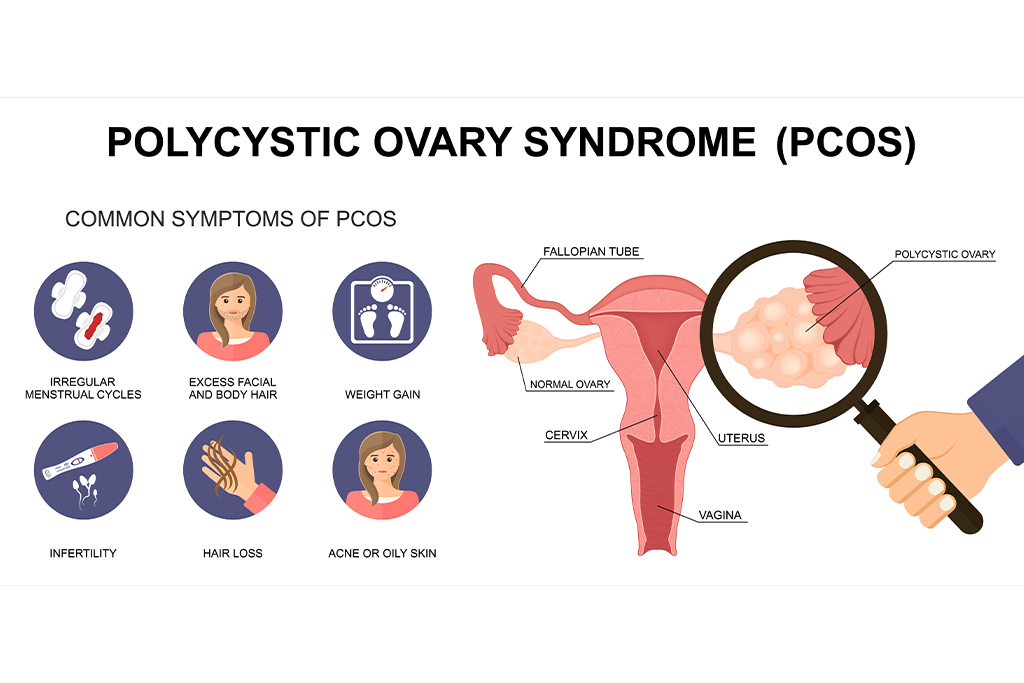We Are Now Open On Saturdays

Polycystic Ovary Syndrome (PCOS) affects around one in ten women of reproductive age in the UK, yet many women live with it for years before receiving a diagnosis. Because symptoms can vary widely — and often overlap with other conditions — it’s easy to miss the early warning signs.
Here’s what every woman should know about PCOS, its symptoms, and when to seek medical advice.
PCOS is a hormonal imbalance that affects how the ovaries work. In women with PCOS, the ovaries may produce higher-than-normal levels of androgens (male hormones), which can disrupt ovulation and cause small fluid-filled sacs (cysts) to form on the ovaries.
The exact cause isn’t fully understood, but genetics, insulin resistance, and lifestyle factors all play a role.
The symptoms of PCOS can develop gradually, often starting in the late teens or early twenties. Common signs include:
Some women also experience mood changes, fatigue, or low self-esteem due to the physical and hormonal effects of PCOS.
If you notice several of these symptoms, a PCOS Hormone Test can help confirm whether hormonal imbalance is the cause.
There’s no single test for PCOS, so diagnosis usually involves a combination of:
At South Kensington Medical & Dental, our [Gynaecology Consultations – placeholder link] and [Hormone Profiles – placeholder link] provide a full evaluation for PCOS and related conditions.
Recognising PCOS early helps prevent long-term complications such as:
Addressing PCOS early allows for better hormonal control, improved fertility outcomes, and reduced future health risks.
While there’s no cure, PCOS can be effectively managed with lifestyle changes and medical treatment.
Your GP or gynaecologist can guide you through tailored PCOS Treatment suited to your goals and symptoms.
See a doctor if you:
Even if you’re not planning a pregnancy, managing PCOS is important for your long-term health and well-being.
PCOS is common and treatable, but many women go undiagnosed because symptoms can be subtle or mistaken for lifestyle issues. Understanding the early signs and getting tested can make a real difference.
Book a Gynaecology Consultation or Hormone Profile Test at South Kensington MD

